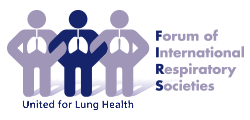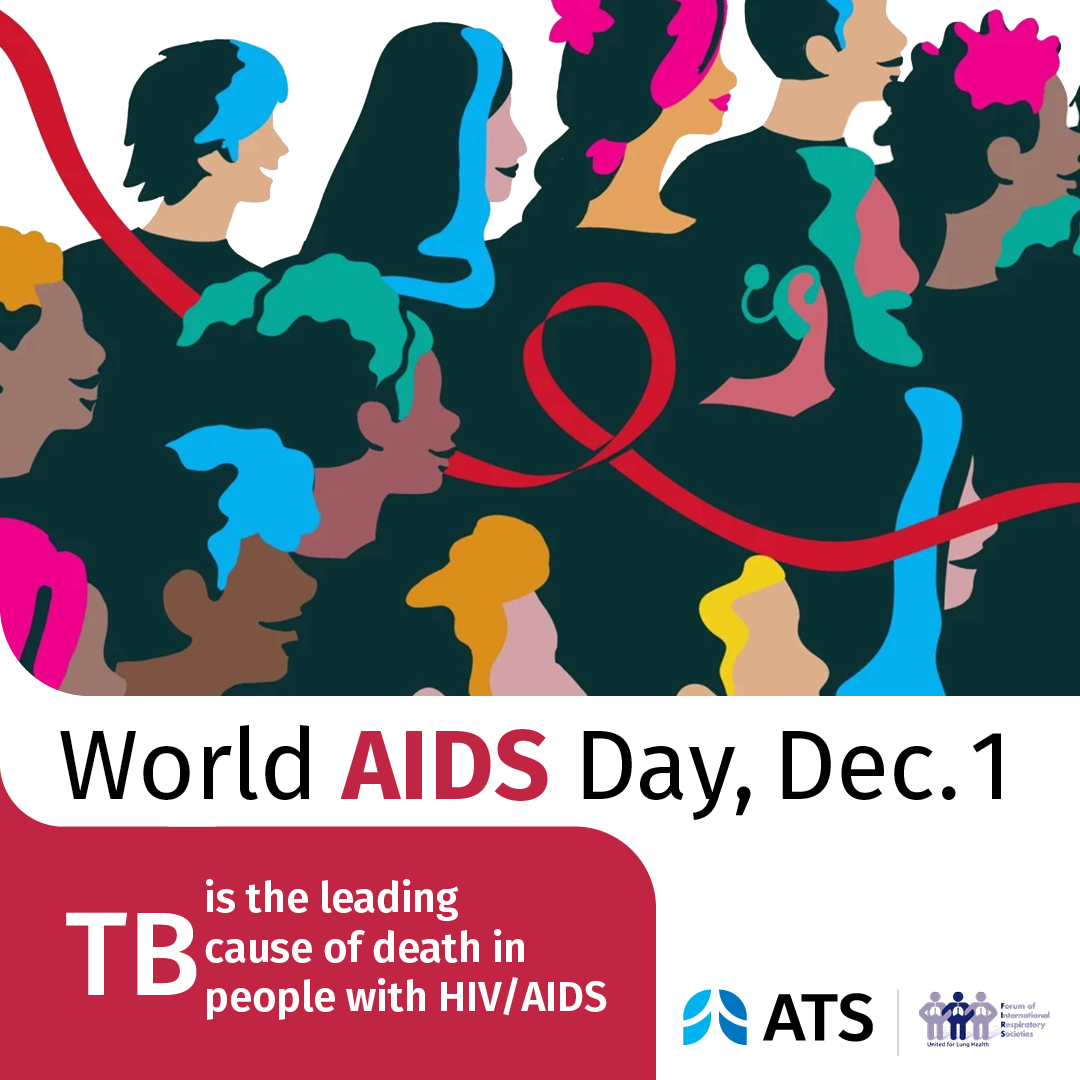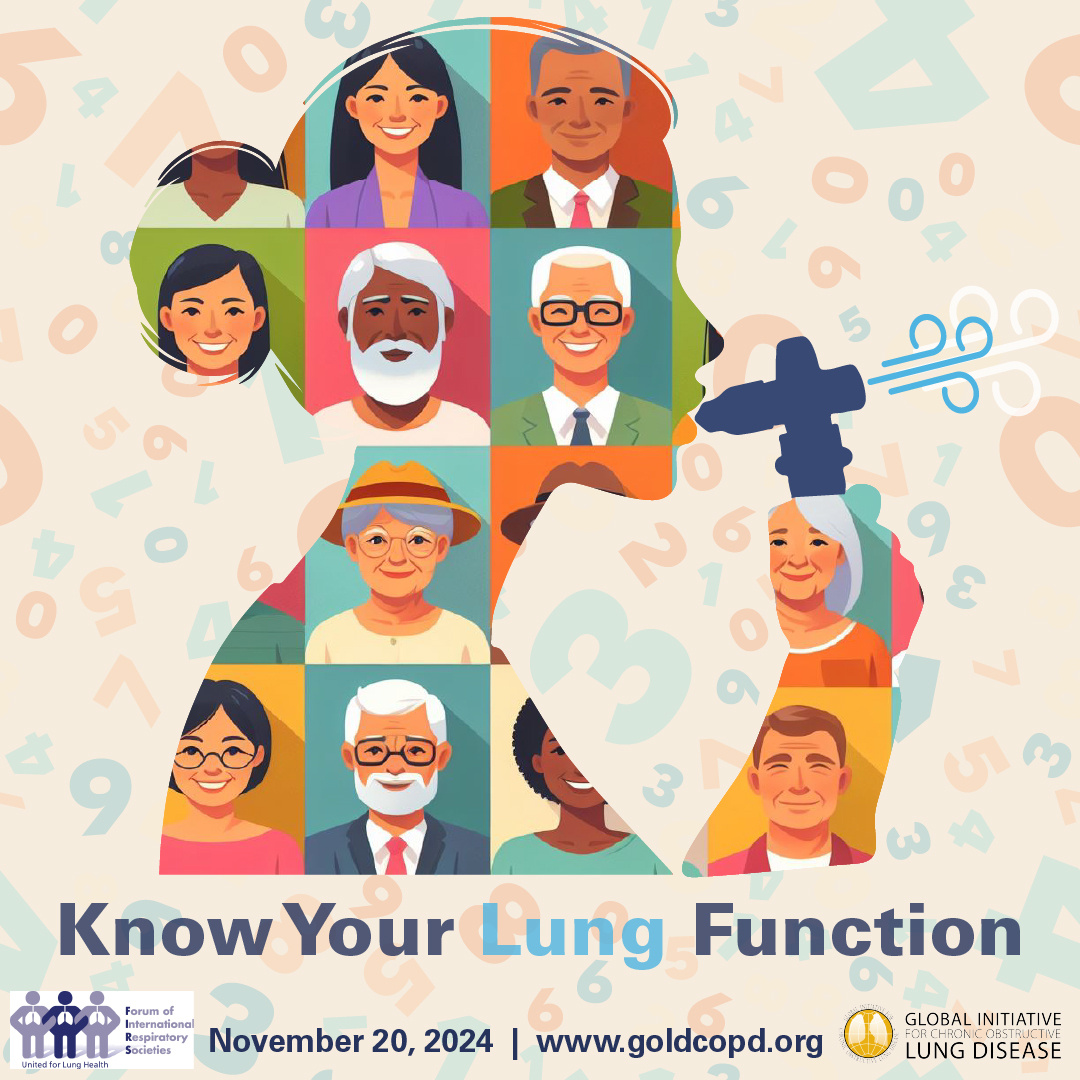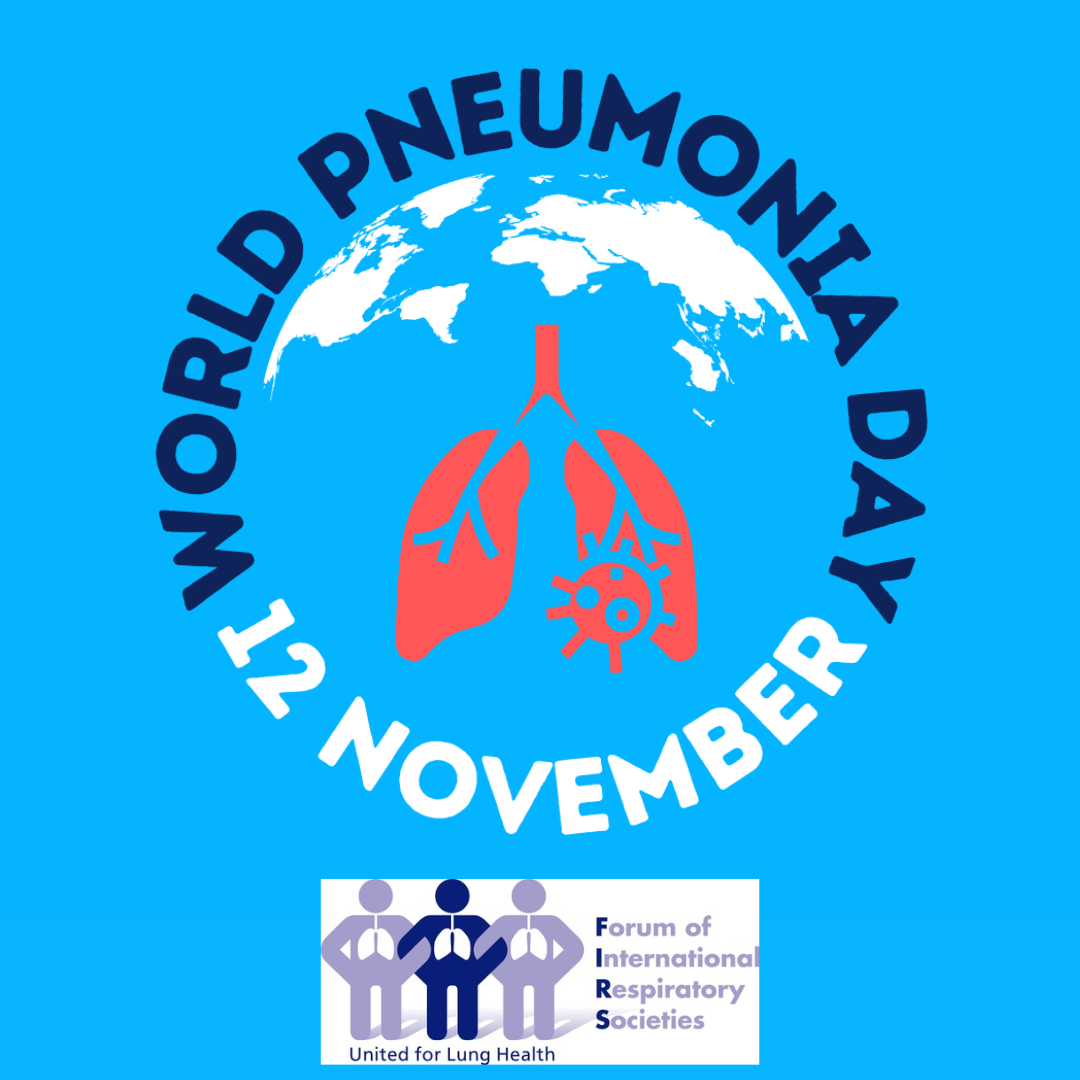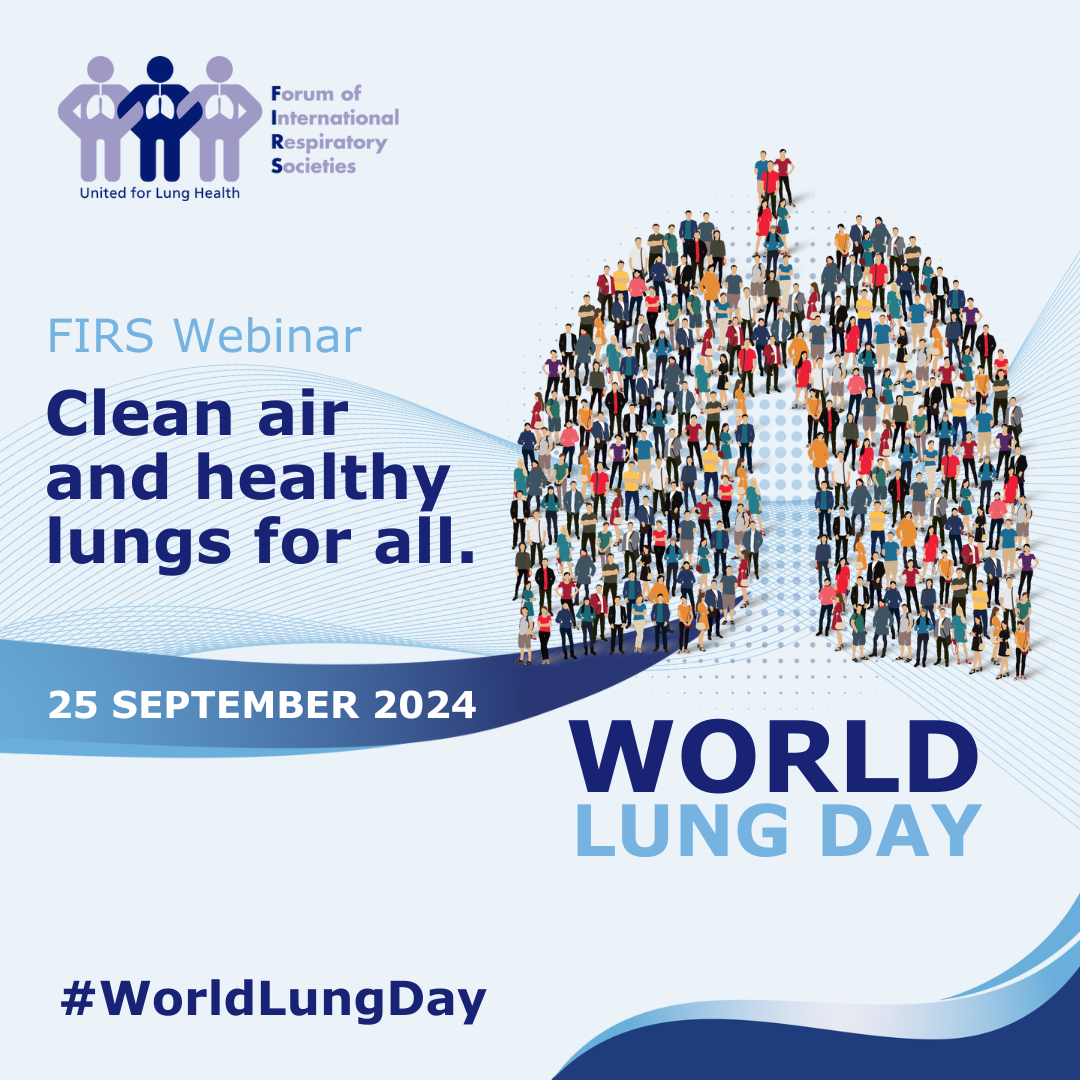On World TB Day 2022, we call on the TB community to challenge ourselves to think differently, champion science and embrace evidence-based innovation, if we are to end TB.
We have made great strides towards eliminating tuberculosis (TB) over the last 100 years.
The progress made to date has only been possible because of our commitment to research and innovation. While it is important to reflect on our achievements, we must continue to advance our knowledge through research and implement it into policy and practice. For the elimination of TB, this means:
- Prioritising active identification and treatment of everyone with TB to prevent transmission of the infectious disease.
- Using of the latest technological advances at our disposal – digital communications, imaging and diagnostic tools.
- Undertaking clinical, public health and operational research to create knowledge for action.
- Involving communities and motivating them to embrace the concept of eliminating TB.
- Challenging TB inequity globally – we can no longer accept that people in low- and middle-income countries are, every day, infected, becoming sick and dying with TB, while people in high-income countries are unaware that TB still exists.
With deaths increasing for the first time in over a decade – 1.5 million deaths in 2020 – TB must be treated as an emergency. Which is why we call on world leaders to keep the promises they made at the UN High-Level Meeting 2018 and #InvestToEndTB.
Despite the limited funding (in particular when compared with COVID-19), there have been significant TB research triumphs in the past decade, such as:
- Molecular tests make diagnosis possible in less than two hours, rather than 2–4 weeks
- Treatment of multidrug-resistant TB has been shortened from two years of toxic, injectable agents to six months of an all-oral regimen
- Treatment of TB infection has been cut from nine months to as short as 1–3 months with safer and better tolerated regimens
These breakthroughs are testament to our commitment to science. In order to make the next great breakthrough in TB elimination we must nurture an environment where evidence-based innovation can flourish. It will be challenging to sustain such an environment given the current hardships we are facing globally, including the millions of refugees fleeing the war in Ukraine.
These times of unrest provide good conditions for TB and other lung diseases to run rampant. We must, however, remain positive and challenge ourselves to think differently, champion science and embrace evidence-based innovation to end TB.
The Forum of International Respiratory Societies (FIRS) is an organisation comprised of the world's leading international respiratory societies working together to improve lung health globally. The goal of FIRS is to unify and enhance efforts to improve lung health through the combined work of its more than 70,000 members globally.
FIRS comprises the American College of Chest Physicians (CHEST), American Thoracic Society (ATS), the Asian Pacific Society of Respirology (APSR), Asociación Latino Americana De Tórax (ALAT), European Respiratory Society (ERS), International Union Against Tuberculosis and Lung Diseases (The Union), Pan African Thoracic Society (PATS), the Global Initiative for Asthma (GINA), and the Global Initiative for Chronic Obstructive Lung Disease (GOLD).
